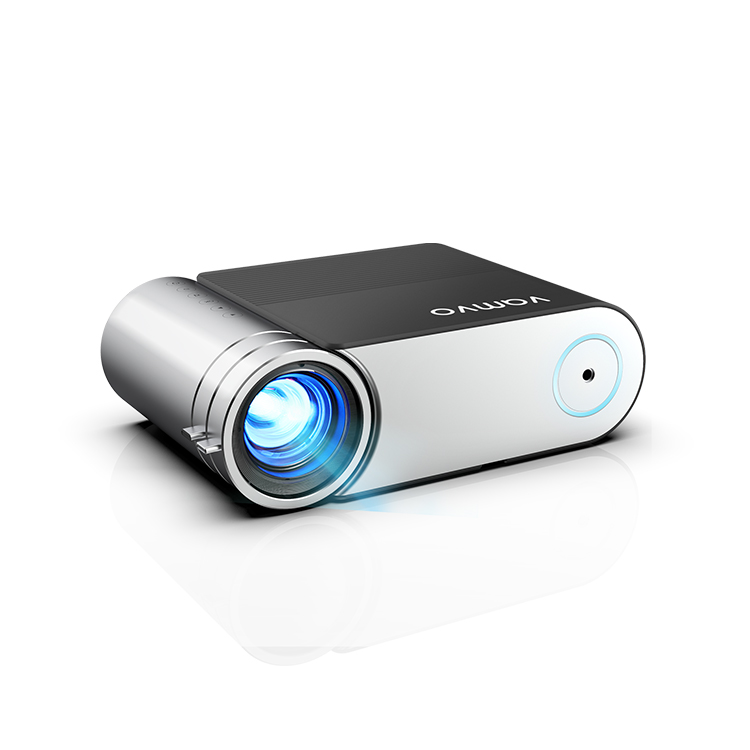Mini projectors are making their mark in the healthcare industry, transforming the way medical professionals deliver training, educate patients, and enhance medical practices.
- Medical Training: Mini projectors are invaluable tools for medical training and education. They enable trainers to project detailed anatomical images, surgical procedures, and diagnostic cases to provide a comprehensive learning experience for medical students and professionals.
- Patient Education: Mini projectors facilitate clear and visual patient education. Healthcare providers can use them to explain medical conditions, treatment options, and procedures, allowing patients to make informed decisions about their healthcare.
- Telemedicine Enhancement: In telemedicine, mini projectors can project medical images, charts, and treatment plans during virtual consultations. This visual aid enhances remote communication between healthcare providers and patients.
- Surgical Planning: Surgeons can use mini projectors to project medical scans and pre-operative plans directly into the operating room. This assists in accurate surgical navigation and improves patient outcomes.
- Point-of-Care Education: Mini projectors are used at the bedside to educate patients about their conditions, medications, and recovery processes. This empowers patients to actively participate in their healthcare journey.
- Visualizing Medical Data: Mini projectors help healthcare professionals visualize complex medical data, such as research findings and clinical trial results. This aids in data-driven decision-making and enhances medical research.
- Continuing Medical Education (CME): Medical conferences and CME events benefit from mini projectors, which enable presenters to share research findings, case studies, and innovations with fellow professionals.
- Remote Medical Training: Mini projectors facilitate remote medical training sessions by allowing trainers to project content to trainees in different locations, fostering continuous professional development.
The integration of mini projectors into healthcare settings is revolutionizing medical education and patient engagement. These devices empower healthcare professionals to communicate effectively, enhance training experiences, and ultimately contribute to improved patient care.








